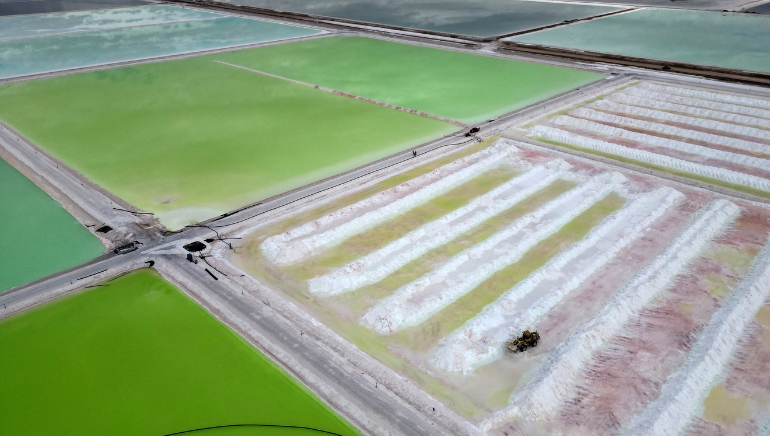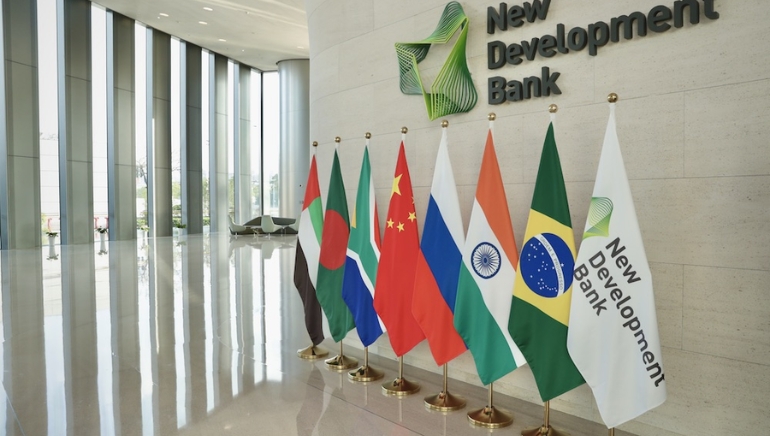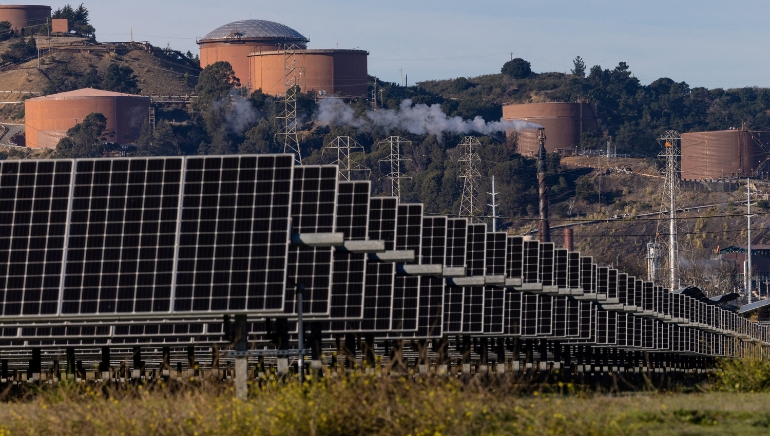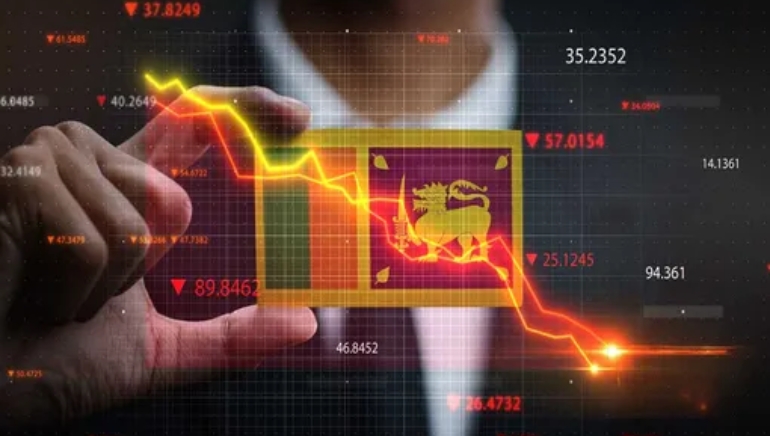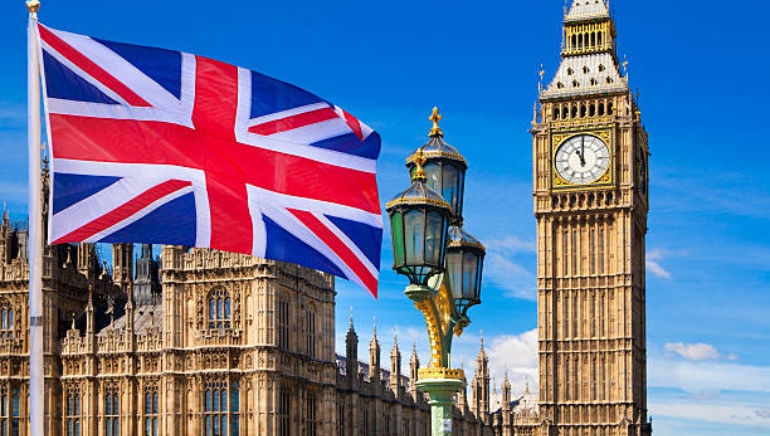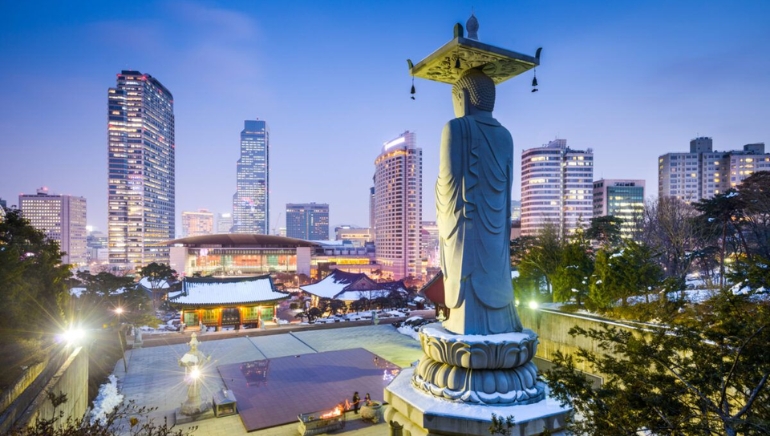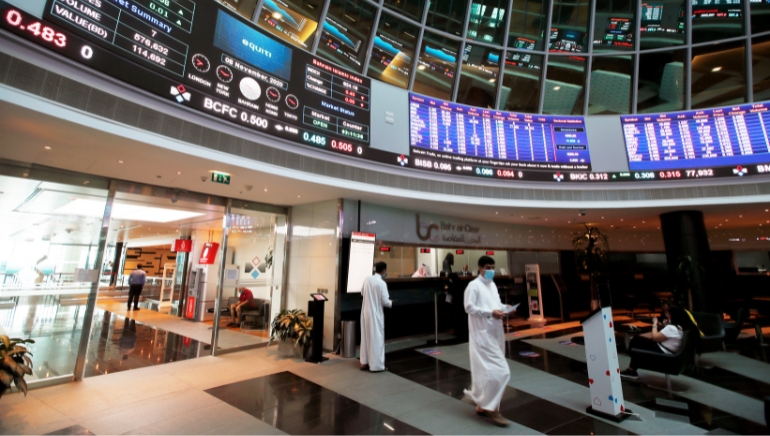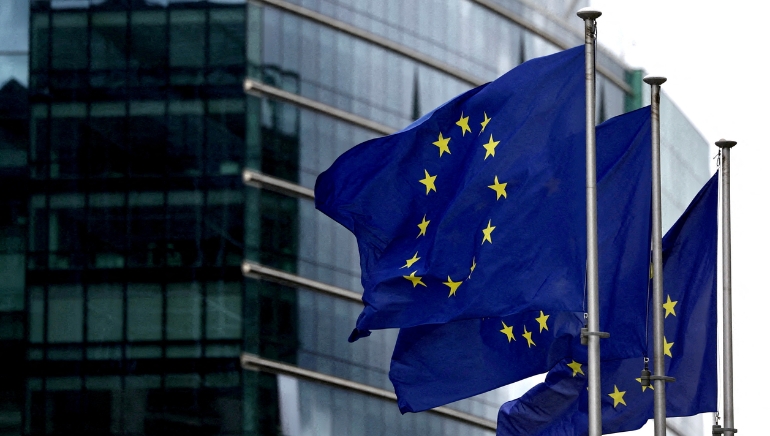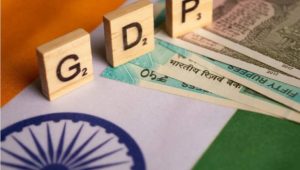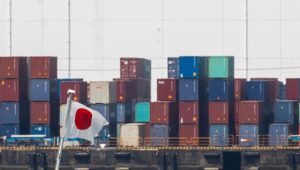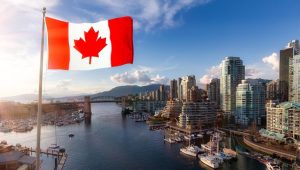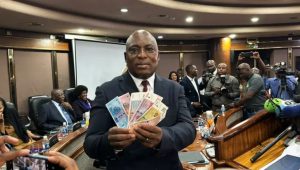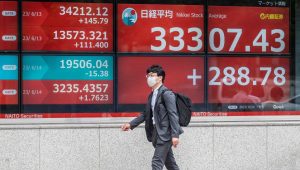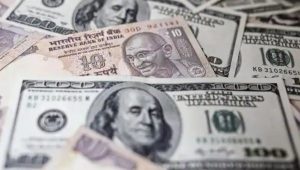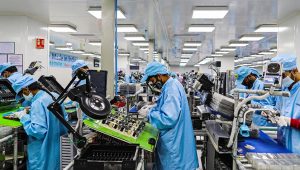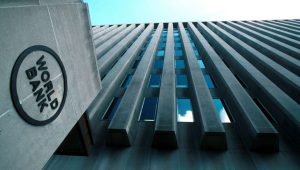According to the RBI data released on Friday, India’s forex reserves surged to a record high of $642.63 billion as of March 22. It marks a fifth consecutive weekly increase. The increase amounted to $139 million during the reporting period. Fluctuations in foreign currency assets, reflecting currency valuation changes, contributed to this rise.
The Reserve Bank of India (RBI) actively intervenes in the forex market to stabilise the rupee against excess volatility, with the currency closing at 83.40 against the dollar on Thursday. Notably, India’s financial markets were closed on Friday due to a holiday.
In the past week, reserves escalated by $6.4 billion, following a $20 billion surge over the previous three weeks. This trend has been aided by significant foreign stock inflows of $20.7 billion in 2023 and $1.85 billion so far in 2024, as well as India’s strong economic growth, which is predicted to reach 7.6% for the year.
Moreover, India’s inclusion in global bond indexes has attracted over $10 billion in investments since late September. To prevent excessive rupee appreciation, the RBI has absorbed most of these inflows, boosting its reserves.
Currently, India’s forex reserves, inclusive of the RBI’s forward holdings, can cover imports for over 11 months, reaching a nearly two-year peak.






